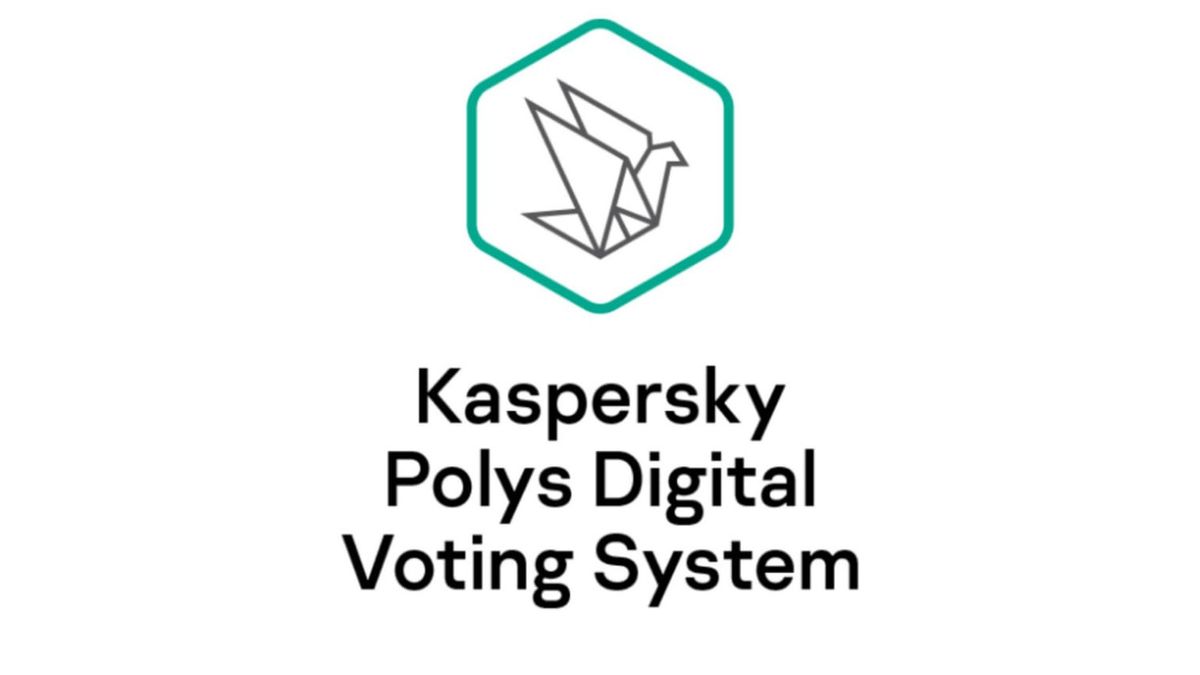JAKARTA - Interest in online voting is at the same level as the era of social lockdowns during the pandemic, anonymous statistics Polys (the blockchain-based voting platform from Kaspersky Innovation Hub) show that remote decision-making is gaining popularity among new user groups.
The number of online voting sessions skyrocketed in 2020, when social restrictions forced people to study and work from home without the possibility of communicating in person.
However, despite the large number of people returning to work, some aspects of remote interaction seem to persist. Online shared decision making is among these aspects.
A comparison of Polys 2020 and 2021 statistics proves that the number of polls conducted remains at the same level as during the pandemic.

However, researchers have observed some differences in the share and reach of sectors that utilize and take part in e-voting. In 2022, educational entities are still in the lead, making up 57% share of the poll, business has become the second most active sector, i.e. 14% of all sessions.
Platform users use polls to conduct election boards, select nominees and winners of corporate competitions, and resolve work-related questions, such as choosing the best team building activity, organizing a conference, or picking the right date to return to the office.
In addition, e-voting is also used to collect employee feedback on company solutions and services, and to gather opinions on how to improve products and features.
Among other changes over the past year, there has been a decline in the use of E-voting between NGOs and government agencies, with activity almost halving. On the other hand, blockchain-based voting is gaining attention from new audiences, such as the gaming community. Gamers usually use the platform to choose the best guild commander or player and choose their team name.
Daniil Kaptsan, Head of Polys said that in fact, the number of voting sessions remained at high levels for a long time. According to him, it proves that users perceive Polys not only as a temporary solution during times of social lockdown, but as a convenient and reliable tool for a diverse set of tasks.
"We will continue to develop our product to ensure its versatility without compromising the confidentiality and security of voting," he added.
In 2022, Polys was listed among the solid eDemocracy vendors in the Solonian Digital Democracy Institute's Digital Democracy Report for the second year in a row.
Experts especially note the solution's extremely simple interface along with the ability to guarantee poll confidentiality and allow voters to verify that their vote was not manipulated.
The English, Chinese, Japanese, Arabic, and French versions are automatically generated by the AI. So there may still be inaccuracies in translating, please always see Indonesian as our main language. (system supported by DigitalSiber.id)









